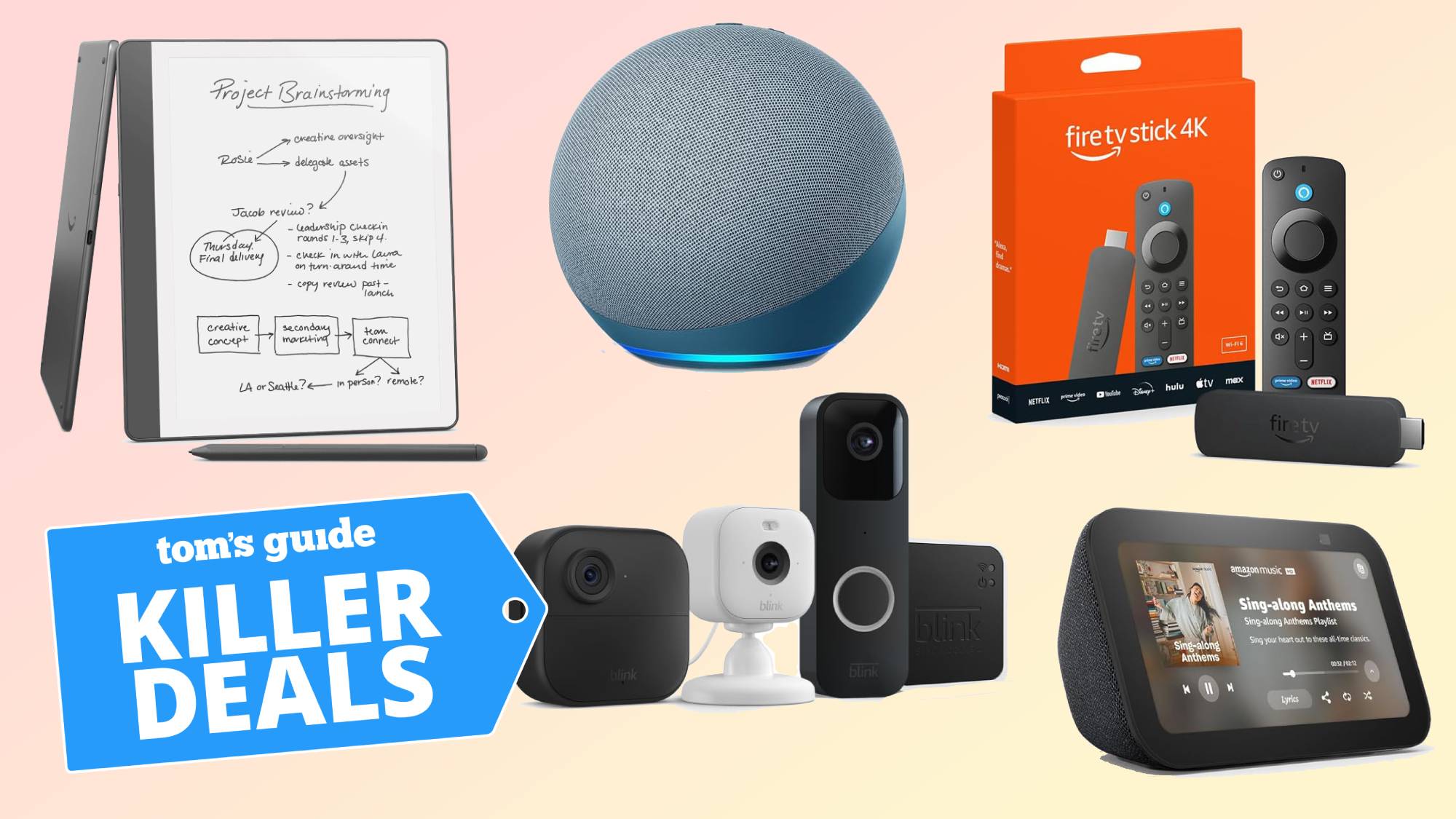Chromebook vs. Windows 10: Which Is Best for You?
Find the right OS for you
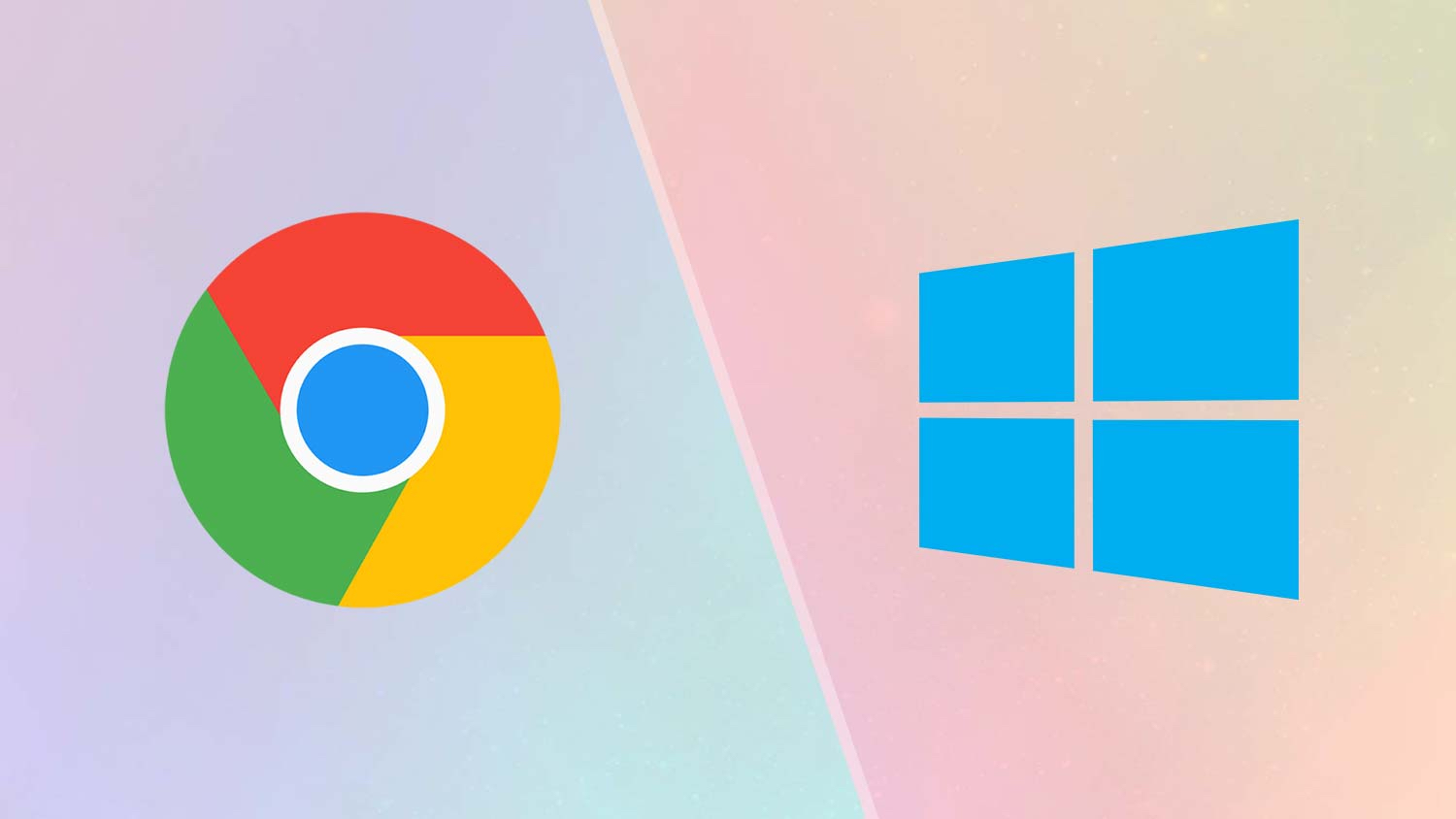
Let's say you need a new notebook for everything from gaming and keeping up with social media to doing a little homework here and there. Up until a few years ago, the conventional wisdom would suggest that Windows machines are the best laptops. Now, however, Chromebooks have caught up so much that they are viable competitors for many buyers.
From size, weight and security to apps, performance and battery life, each platform has its advantages and disadvantages. On the other hand, Windows laptops and Chromebooks appear to be getting closer and closer to each other's strengths while reducing their weaknesses.
MORE: Dell and Google Launch Chromebooks for Enterprise
What's a notebook buyer to do? Here's a primer to help you choose between a Windows 10 notebook and a Chromebook. What you get depends as much on how much you can spend as well as what you plan to use the system for. (For ways to save, check out our guides to the best Acer promo codes, Dell coupons, and HP coupon codes).
Apps
You don't buy a notebook for its nice hardware; you get it to run programs and get online. Windows still has the lead in quantity and diversity with many of the mainstays of computing, like the Office suite, Photoshop, Netflix and Spotify, plus a slew of games.
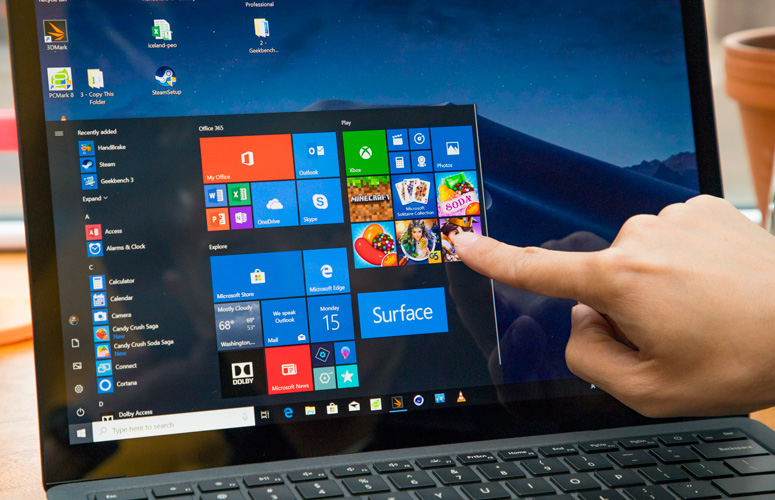
That said, with the addition of Android apps, Chromebooks are catching up quickly with many key applications, like Word, Excel, PowerPoint and Skype. On the other hand, all Chromebooks have a sell-by date, after which Google will no longer update the system's software. Although the same thing will happen to Windows 7 systems next year (after 11 years on the market), it occurs for Chromebooks after about six years.
Advantage: Windows 10
Security
Because Google controls the Chromebook ecosystem, it keeps a tight grip on security and frequently updates its code base to stay a step ahead of hackers. Despite Windows 10 having a big bull's-eye on its back for malware writers to aim at, there are cybersecurity advantages. Microsoft includes Windows Defender software that can effectively protect a system against break-ins, and you don't have to do anything to protect a new computer.
Advantage: Chromebook (for now)
Battery life
The good news is that Chromebooks and Windows systems are neck and neck regarding battery life, making them both great for travelers, students and those who spend the day away from an AC outlet.
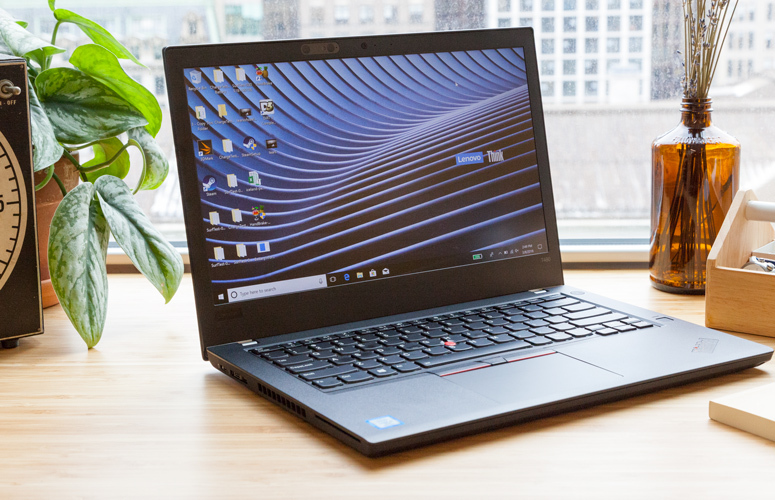
For instance, the 15-inch Acer CB3-532-C4ZZ can go for 15 hours of real-world use between charges, while the 14-inch Lenovo ThinkPad T480 can run for upward of 17 hours on a charge.
Advantage: Draw
Start-up time
One area that Chromebooks excel in is the ability to start up in a few seconds, making them great for the stop-and-go computing that dominates our digital lives. Windows hasn't been caught catnapping here, with new systems that can wake from sleep mode in as little as 10 or 15 seconds.
Advantage: Chromebook
Performance
With its variety of hardware, the newest processors and room for gobs of system memory, Windows 10 systems can be tuned for all-out performance. Chromebooks can't match this. Systems like Alienware's Area-51m can muster the latest Core i9 processor, Nvidia GeForce RTX 2080 graphics and up to 64GB of RAM for top-shelf gaming, video editing and even a little artificial reality.
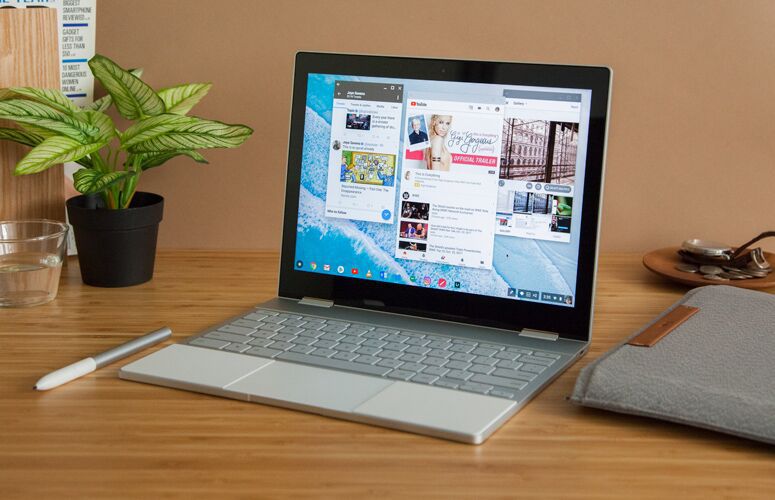
By contrast, Chromebooks have more modest aspirations, like Samsung's Chromebook 3 (Celeron processor and 4GB of RAM) at the low end. At the high end, Google's Pixelbook (Core i5 processor and 16GB of RAM) is one of the best performing Chromebooks available.
Advantage: Windows
Size and weight
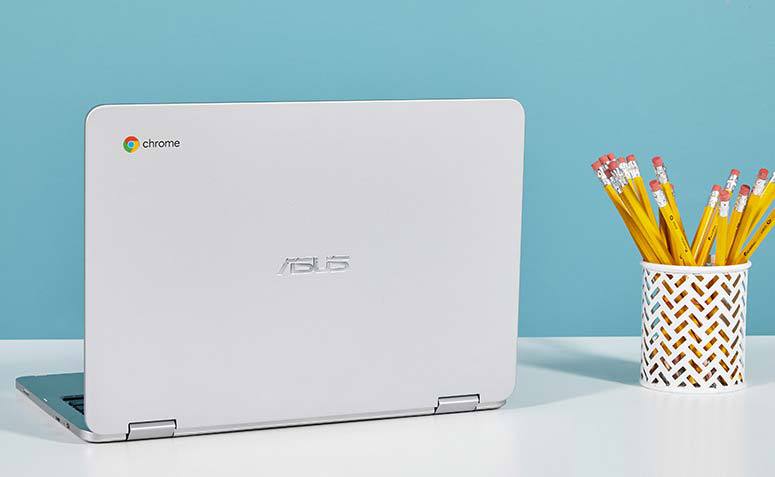
With lower hardware requirements, the typical Chromebook weighs a few ounces lighter and can be a few tenths of an inch thinner than a comparable Windows 10 system. Take the Asus Chromebook Flip C302 CA, a convertible with a 12.5-inch screen that weighs 2.6-pounds and measures 0.6 x 8.3 x 12.0-inches. By contrast, the 2.9-pound Lenovo Yoga 260 is not only heavier but 30 percent bigger, making it a chore to lug around.
Advantage: Chromebook
Recycling
It's best if at the end of its current life, you can recycle and reuse an old notebook for a different purpose, whether that means connecting it to the family's TV, handing it down to a child or donating it to the local library. Historically, Chromebooks were in the lead here with the ability to PowerWash a system in a few minutes to wipe it clean of your files and bring it back to the way it left the factory. Windows has caught up with its ability to reinstall a fresh version of its operating system, but it can take hours to accomplish.
Advantage: Chromebook
Value and selection
All this inevitably leads to the most important factor when notebook shopping: Price. Here, Chromebooks take the lead with competent systems, like Lenovo's Chromebook S330, which sells for as little as $180. Sure, there are entry-level Windows notebooks, like the $200 HP Stream 11, but they invariably use Windows 10S, which limits the apps that the system can use. Figure on a good, basic Windows notebook, like HP's 15z model, setting you back at least $300.
MORE: Best Laptops Under $500
At the high end, Windows systems take the lead with monster notebooks, like the Alienware Area-51m. This laptop can easily approach $4,000, but rivals a high-performance desktop in terms of horsepower. The most expensive Chromebook, Google's Pixelbook, tops out at $1,650.
Advantage: Chromebook
Bottom line
Windows 10 notebooks and Chromebooks each have their own advantages for different uses and users. While the Chromebook surpasses Windows systems in size, simplicity, economy and security, that's only part of the story. Windows machines can be more versatile and performance-oriented. And they can come with a killer assortment of software. It's all, however, at the cost of generally bigger, heavier and more expensive machines.
If you want the ability to do basic work – like web surfing, email, writing and some gaming – and don't want to be bogged down by a heavy computer, get a Chromebook. On the other hand, if you have a need for speed, are picky about your software and your wallet can handle it, get a Windows system. It will provide the flexibility, performance and assortment of apps you crave.
Regardless of which platform you choose, check out our best laptops page to find the best notebook for your needs.
If windows is your choice, make sure to check out our Microsoft voucher codes to potentially save yourself some money.
Sign up to get the BEST of Tom's Guide direct to your inbox.
Get instant access to breaking news, the hottest reviews, great deals and helpful tips.
Brian Nadel is a freelance writer and editor who specializes in technology reporting and reviewing. He works out of the suburban New York City area and has covered topics from nuclear power plants and Wi-Fi routers to cars and tablets. The former editor-in-chief of Mobile Computing and Communications, Nadel is the recipient of the TransPacific Writing Award.

